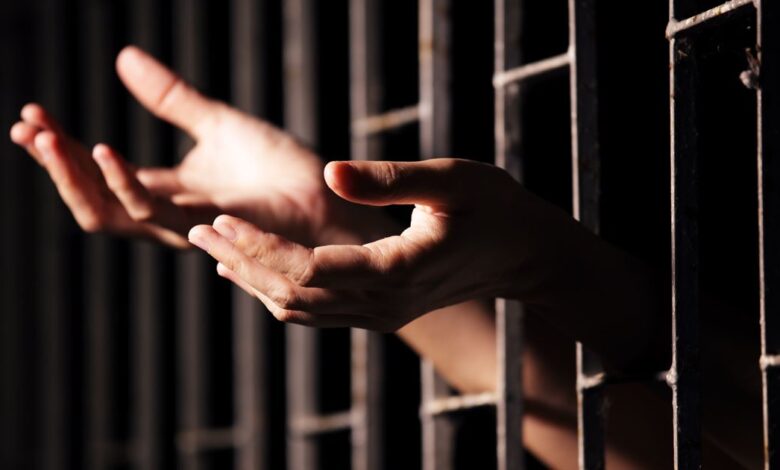
Zimbabwe: 3000 prisoners’ freed to reduce COVID-19 risk in jails
Zimbabwe has begun releasing about 3,000 prisoners under a presidential amnesty aimed at easing congestion to reduce the threat of COVID-19 in the country’s overcrowded jails.
About 400 prisoners were released from Chikurubi prison and other jails in the capital, Harare, on Saturday with more coming from other prisons countrywide.
Zimbabwe’s prisons have a capacity of 17,000 prisoners but held about 22,000 before the amnesty declared by President Emmerson Mnangagwa.
Those to be released had been convicted of non-violent crimes. Those convicted of crimes such as murder, treason, human trafficking, and sexual offenses will not benefit.
All females imprisoned for non-violent crimes and who served a third of their sentences are to be released, as will all disabled persons convicted of non-violent crimes. Mnangagwa also commuted death sentences to life sentences for many prisoners on death row. Zimbabwe still has the death penalty but has not hanged anyone in years.
The amnesty “will go a long way” to reduce expenditure and the threat of the spread of the virus in prisons, said Alvord Gapare, the commander for prisons in Harare. He said prisons in the capital had recorded 173 confirmed infections and one death.
Authorities have suspended visits to prisons while plans are made to vaccinate inmates as part of measures to combat the spread of the virus, said Gapare.











































